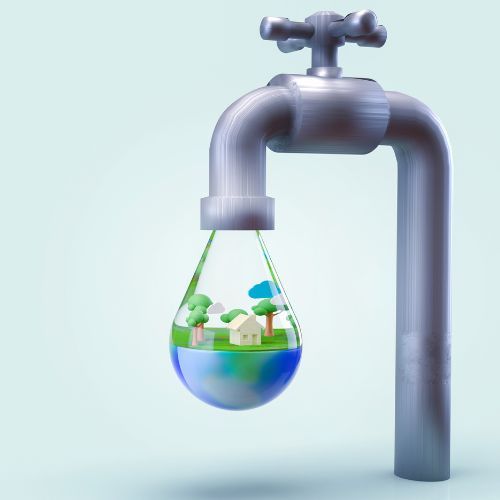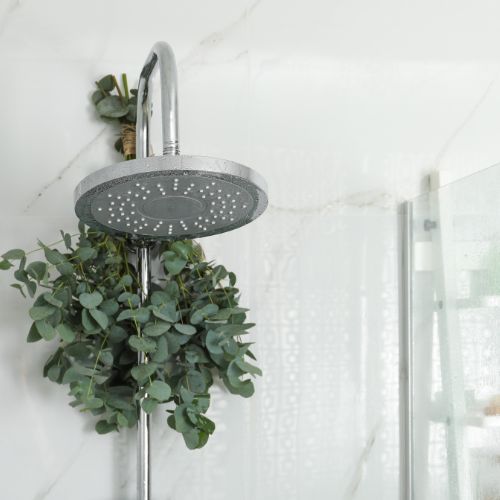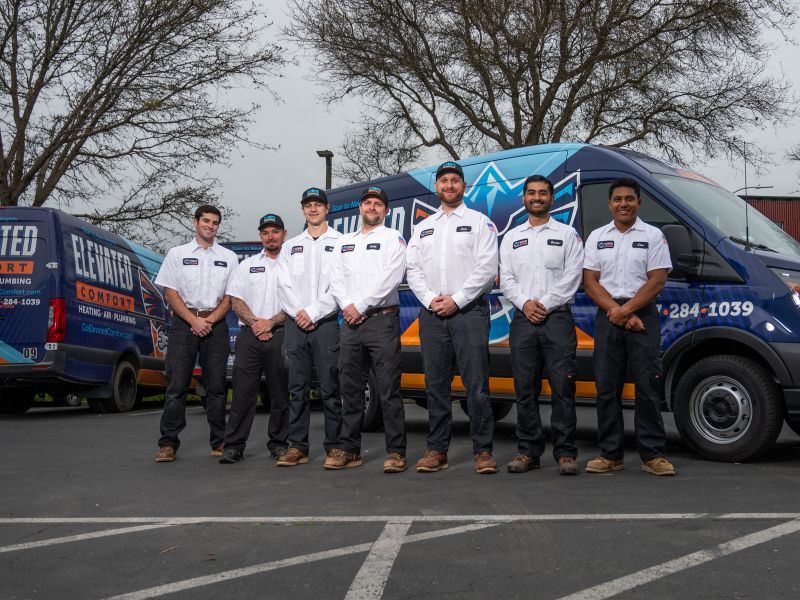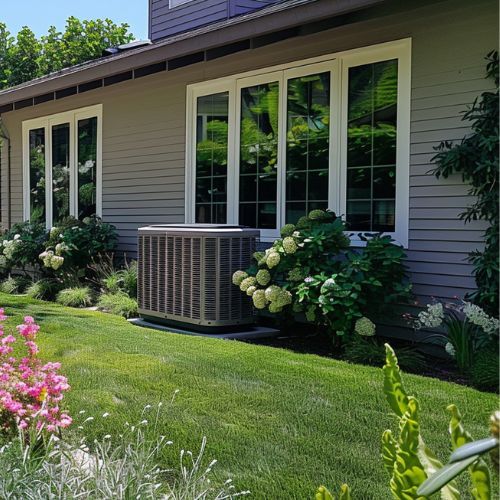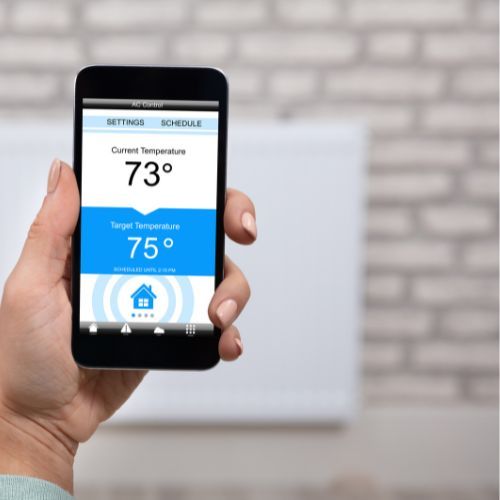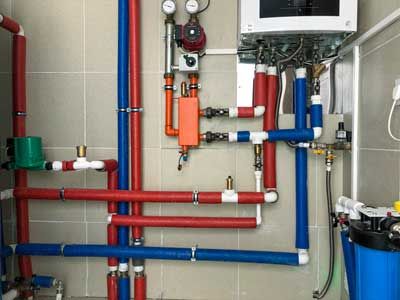Types of Water Filtration Systems & Benefits
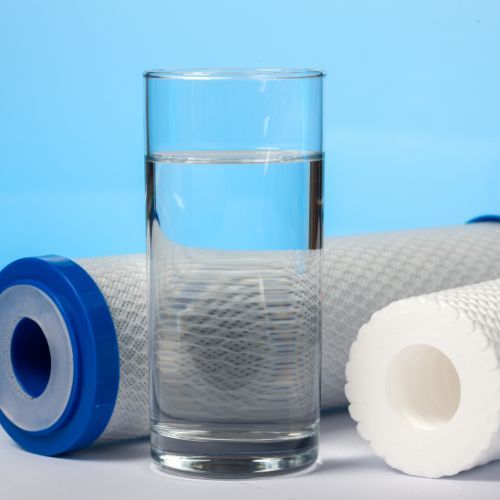
Table of Contents
ToggleWouldn’t you like a glass of clean tap water with no funny odor? Safe drinking water that doesn’t rely on trips to the grocery store is now something you can provide for your family. But it shouldn’t be taken for granted. More than one million people in California still don’t have access to safe and affordable drinking water.
Learning all about water filtration systems can help you fight unwanted contaminants. Understanding the different types of water filtration systems and their benefits can help you pick the best one for your home. Let’s see which system best provides clean and safe water for you and your loved ones.
Types of Water Filtration Systems
No part of California is safe from the toxic taps crisis, with approximately 250 public water systems failing to meet basic drinking water standards in 2020. Investing in a water filtration system ensures your family has clean and safe drinking water. Here are the types of filtration systems and how they work.
Mechanical Filters
Mechanical filters can protect against sediment, dirt, and other particles. This method is especially beneficial if your water supply is laden with dirt, sand, or dust. Mechanical filtration is a crucial pre-treatment step, ensuring that subsequent filtration stages are more effective.
Activated Carbon Filters
Activated carbon filters make water healthier to drink by eliminating contaminants, including chlorine, chloroform, and organic substances. They use adsorption, a process where contaminants get stuck to the surface of the activated carbon while water passes through.
These filters come in several forms, including granulated activated carbon (GAC) and carbon block filters. Each improves water taste and quality by removing unpleasant odors and tastes.
Reverse Osmosis Filters
Reverse osmosis filters stand out for their ability to remove a significant percentage of contaminants, including potentially harmful bacteria and water-soluble substances like fluoride and chromium +6. This filtration method forces water through a semipermeable membrane under pressure, separating fresh water from contaminants. Reverse osmosis is highly effective, making it a popular choice for ensuring the purity of drinking water.
Ion Exchange Filters
These filtration systems soften hard water by replacing calcium with magnesium ions. This helps prevent scale buildup, making these filters perfect for areas with hard water issues. Ion exchange filters should be combined with other filtration technologies to achieve better water purification.
Ultraviolet Light Filters
Ultraviolet light filters are an eco-friendly option for water sterilization. By exposing water to specific frequencies of ultraviolet light, these filters effectively destroy the DNA of bacteria and viruses, rendering them harmless. UV filters operate without heat or chemicals, making them safe and efficient for sanitizing drinking water.
The Purpose of Different Water Filtration Systems
With each type of water filtration system, you can solve unique problems. Let’s explore what you can achieve with each of them:
Mechanical Filters
Mechanical filtration systems efficiently remove larger particles like sediment, dirt, and sand from water, and with their help, you can protect your equipment from potential damage. Furthermore, you reduce your water usage footprint and contribute significantly to the environment.
Mechanical filters also help prevent illnesses caused by harmful particles by capturing these contaminants, ensuring safer water for consumption.
Activated Carbon Filters
These filters purify the water by extracting chlorine and various organic compounds. Whether granulated or in block form, activated carbon significantly enhances water quality by eliminating odors and improving taste. This makes your water more enjoyable to drink and use in cooking.
Reverse Osmosis Filters
Reverse osmosis filters stand out for their ability to purify water by removing many contaminants, including harmful bacteria and chemicals. This system ensures the safety and purity of your drinking water and offers practical benefits such as not taking up valuable fridge or counter space.
Moreover, the long-term savings and minimal maintenance requirements make reverse osmosis filters economical for ensuring high-quality water in your home.
Ion Exchange Filters
Ion exchange filters replace calcium and magnesium ions with sodium ions. This process softens the water and prevents scale buildup, which helps plumbing systems last longer.
Ultraviolet Light Filters
Ultraviolet light filters ensure your water is free from microbial contaminants. These filters can typically handle even microorganisms resistant to other treatment methods, enabling them to provide superior-quality water.
How to Know Which Filtration System You Need
Selecting the right water filtration system starts with identifying the contaminants in your water, which can be done through a water quality report or a home testing kit. Different filters target specific issues – activated carbon is best for chlorine and organic compounds, while reverse osmosis helps with dissolved solids and heavy metals.
Whole-house filters need less frequent maintenance than faucet or countertop filters, so factor these costs into your decision.
Finally, consider your household’s water consumption. Large families might benefit from whole-house filters, while smaller households could use under-sink or countertop filters. Pay attention to filter lifespan and system capacity to ensure the filter meets your needs without reducing water flow.
Installation and Maintenance Tips
One thing is certain about water filtration systems: they must be properly installed. Here is what you should think about.
Professional Installation vs. DIY
You can choose to install your water filtration system yourself or to have it installed by a professional. Professional installation offers the advantage of expertise and experience, ensuring your system is installed correctly and in compliance with local building codes.
On the other hand, some people prefer DIY installation due to its potential cost savings. If you’re leaning towards DIY, just remember: you’ll need a good dose of technical know-how, the right tools, and a chunk of your weekend to do it all.
Regular Maintenance Schedules
Maintaining your water filtration system includes changing the cartridges regularly to prevent clogs and ensure clean water. Cartridges vary in lifespan, with whole-home cartridge filters needing replacement every three to six months, while under-sink systems may last up to six months. Monitoring systems or control units often indicate when a filter change is necessary to maintain a consistent schedule.
Resolving Common Issues
Basic troubleshooting can help you handle some predictable problems with your water filtration system. Slow water flow can often be addressed by checking for clogs in the filter or adjusting the water pressure to the recommended range.
For problems like bad odor, taste, or leaks, consulting a licensed plumber or water treatment professional may be necessary. If troubleshooting does not resolve the issue or the water quality changes unexpectedly, it may indicate that the cartridges need changing or that a more significant problem exists, necessitating professional assistance.
Final Thoughts on Filtration Systems
Understanding the different types of water filtration systems and their benefits is vital for ensuring clean, safe, and healthy drinking water tailored to your household’s specific needs.
At Elevated Comfort, we specialize in providing quality water filtration installation, HVAC services, and home comfort systems. Our team of technicians is dedicated to giving you excellent service and making your home as comfortable and efficient as possible.
We pride ourselves on being the best in Santa Rosa and the region, offering personalized solutions and unmatched customer care. Contact us today and discover the best way to filtrate your water.
